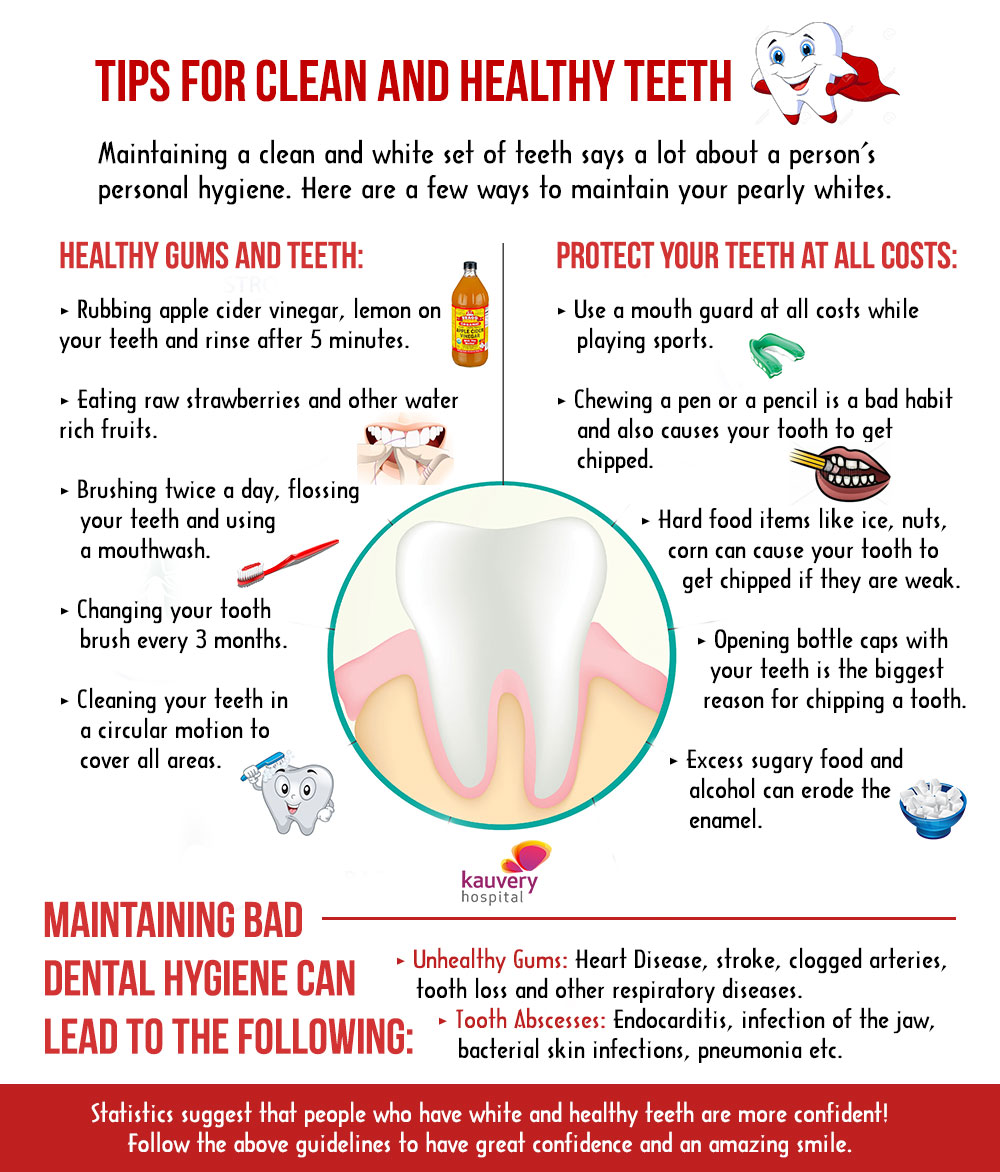Diabetes Diet Tips for Optimal Blood Sugar Control
Navigating the complexities of diabetes management can be daunting, especially when it comes to diet. However, with the right knowledge and strategies, you can take control of your blood sugar levels and improve your overall health. Here are some essential diet tips to help you achieve optimal blood sugar control.
Understanding Carbohydrates: The Foundation of Your Diet
Carbohydrates have the most significant impact on blood sugar levels, making them a crucial factor to consider in your diabetes diet. It’s essential to understand the difference between simple carbohydrates, which are quickly absorbed and can cause blood sugar spikes, and complex carbohydrates, which are digested more slowly and have a gentler effect on blood sugar.
Focus on Fiber-Rich Foods: The Key to Stable Blood Sugar
Fiber is a type of carbohydrate that the body cannot digest, so it doesn’t raise blood sugar levels. Incorporating plenty of fiber-rich foods into your diet, such as fruits, vegetables, whole grains, and legumes, can help stabilize blood sugar levels and improve overall health. Aim for at least 25-30 grams of fiber per day for optimal blood sugar control.
Balancing Your Plate: The Plate Method Simplified
The plate method is a simple and effective way to ensure balanced meals that support stable blood sugar levels. Divide your plate into sections: half for non-starchy vegetables, a quarter for lean protein, and a quarter for whole grains or starchy vegetables. This approach helps control portion sizes and promotes a balanced intake of carbohydrates, protein, and fiber.
Choosing the Right Carbohydrates: Quality Matters
Not all carbohydrates are created equal, and choosing the right ones can make a significant difference in blood sugar control. Opt for whole grains like brown rice, quinoa, and whole wheat bread instead of refined grains like white rice and white bread. Choose fresh fruits and vegetables over processed and sugary snacks, and limit your intake of sugary beverages and desserts.
Mindful Eating: The Importance of Paying Attention
Mindful eating involves being fully present and aware of your food choices, hunger and fullness cues, and the sensations of eating. By slowing down and paying attention to what and how much you’re eating, you can better control portion sizes, avoid overeating, and make healthier food choices. Practice mindful eating techniques like chewing slowly, savoring each bite, and avoiding distractions while eating.
Monitoring Your Blood Sugar: The Key to Success
Regular blood sugar monitoring is essential for diabetes management, as it allows you to track how your diet and lifestyle choices are affecting your blood sugar levels. Work with your healthcare team to establish target blood sugar ranges and develop a monitoring schedule that works for you. Keep a log of your blood sugar readings and any factors that may influence them, such as food, exercise, medication, and stress.
Hydration: The Unsung Hero of Blood Sugar Control
Proper hydration is crucial for overall health and can also impact blood sugar levels. Drinking plenty of water throughout the day helps flush out excess sugar from the bloodstream and prevents dehydration, which can lead to spikes in blood sugar levels. Aim to drink at least 8-10 cups of water per day, and limit your intake of sugary beverages like soda and fruit juice.
Meal Planning and Preparation: Setting Yourself Up for Success
Meal planning and preparation are key components of a successful diabetes diet. By planning your meals and snacks ahead of time, you can ensure that you have healthy options on hand and avoid impulsive food choices that may negatively impact your blood sugar levels. Batch cooking and meal prepping can also save time and make healthy eating more convenient and accessible.
Physical Activity: The Missing Piece of the Puzzle
Regular physical activity is essential for managing diabetes and improving blood sugar control. Exercise helps your body use insulin more effectively, lowers blood sugar levels, and improves overall health and well-being. Aim for at least 150 minutes of moderate-intensity aerobic activity per week, such as brisk walking, swimming, or cycling, as well as strength training exercises at least two days per week.
Support and Accountability: You’re Not Alone
Managing diabetes can be challenging, but you don’t have to do it alone. Seek support from friends, family, healthcare professionals, or support groups who understand what you’re going through and can provide encouragement, guidance, and accountability along the way. Remember that small changes add up over time, and with dedication and perseverance, you can achieve optimal blood sugar control and live your best life with diabetes. Read more about diabetes diet advice





